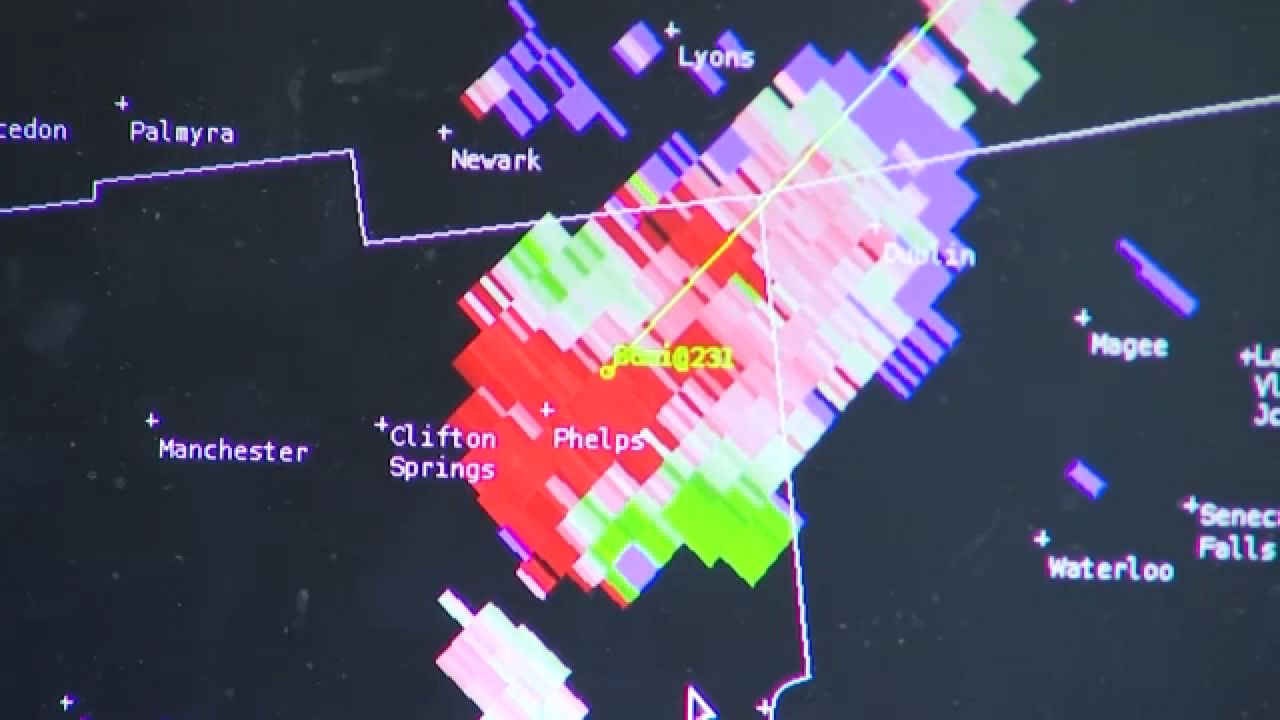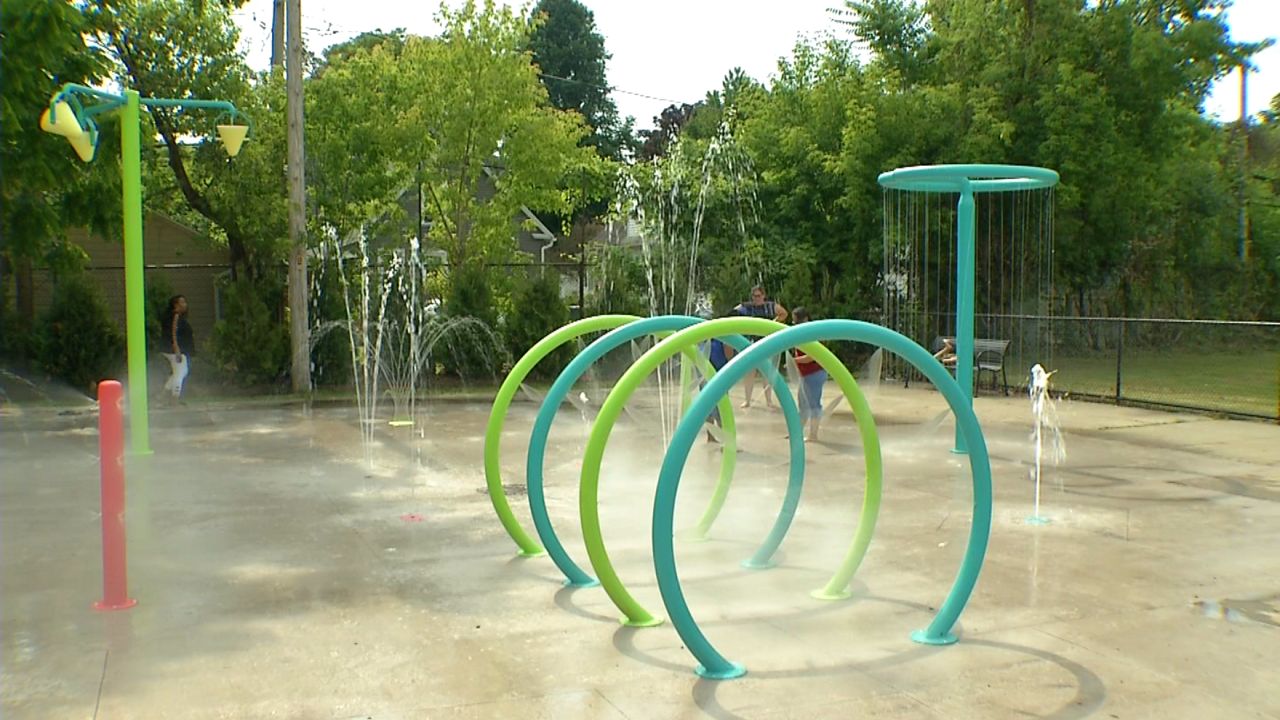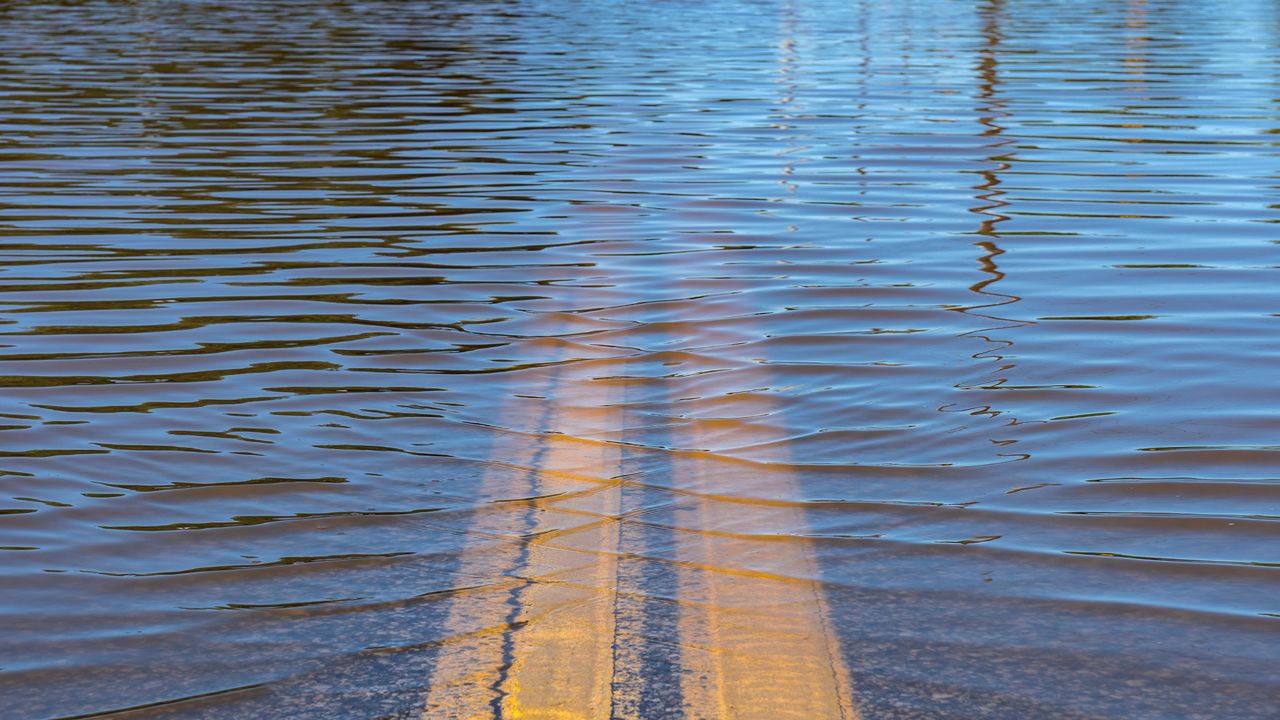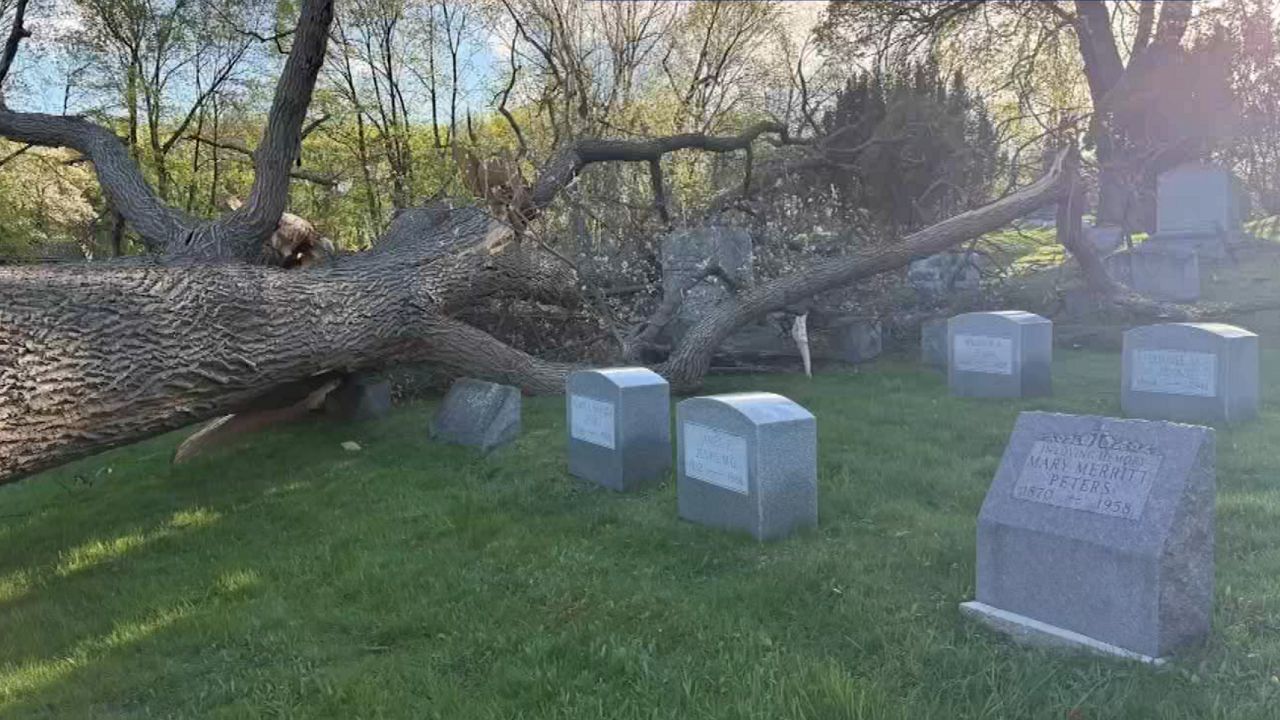ROCHESTER, N.Y. — Outreach workers in cities and counties across New York state are doing everything they can to help unhoused people get out of the cold.
At barely over the zero-degree mark, homeless advocate Andy Carey is reaching out to people who remain outside in the cold.
He’s been collaborating with mutual aid and other outreach groups in the days leading up to the severe drop in temperatures to reach those who normally refuse shelter offers.
On Friday, the vice chair of REACH Advocacy and co-founder of MC Collaborative finds some folks in tents and makeshift housing in a secluded area of the city of Rochester and offers shelter.
The sub-zero temps have sent some people from the homeless community in Rochester to the hospital to be treated for frostbite.
“As you can tell, you don’t survive many hours before you start getting frostbit,” said Carey. “And also that affects your mental function as well, because once you start to get too cold you’re not thinking clearly, so it becomes a very dangerous situation.”
One man Carey spoke with resisted the offer for shelter because he does not want to be separated from his cat.
Teams from other organizations are also out trying to help.
“It takes a lot of people and a lot of work,” Carey. “It takes pre-existing relationships. You better know the people you’re going to talk to. I think a lot of times people just think when it gets cold you just walk up to somebody and tell them to go to a shelter and they do it and that’s not true at all. They need to be able to trust that environment, trust the person that’s taking them there.”
That’s the case for Elena Gaddy who is now in a shelter, "At first I wasn’t going to come here because I had no trust in anybody.”
Elena and her husband were left homeless months ago after being evicted from their home – now thankful for a roof over their heads.
“By the grace of God. I thank God for everything,” said Gaddy. “I thank him for just, I might get emotional, but nobody deserves to be out there.”
And it’s cold enough out there that being outside could mean not surviving.
“I don’t want to see anybody die from that weather," said Elena.
"So it’s a lot of effort from all of the community to make sure people are safe," said Carey.
He says there are still a handful of people who refuse to take shelter.
"There’s a group of people that maybe because of their mental health issues or substance abuse issues aren’t coming in and they become a danger to themselves,” Carey added.
Carey says it’s a last resort, but in a situation like that, police could bring someone in. But overall, most people, like Elena, are happy for the warmth.
"I’m so grateful that I’m here,” she said.









